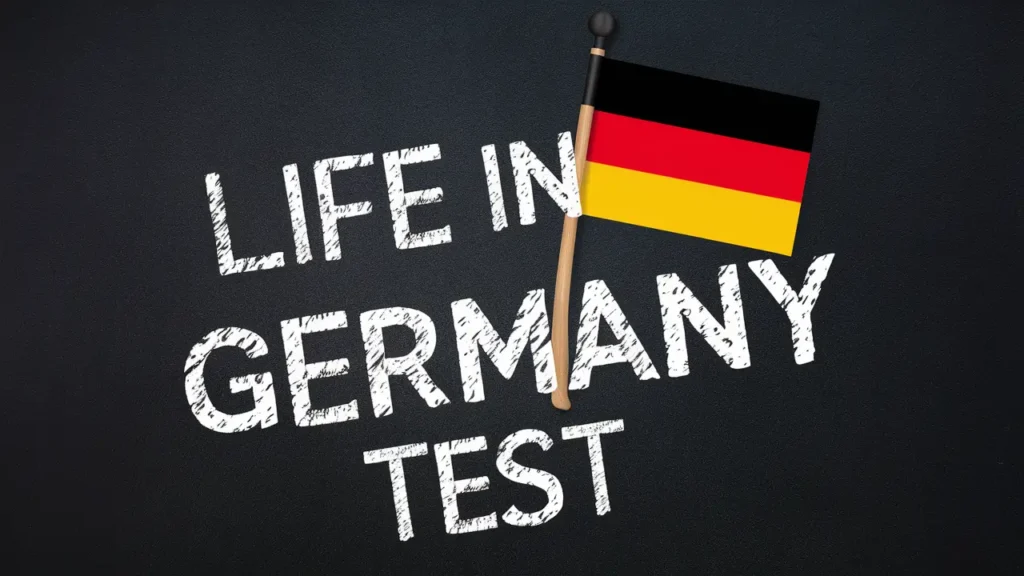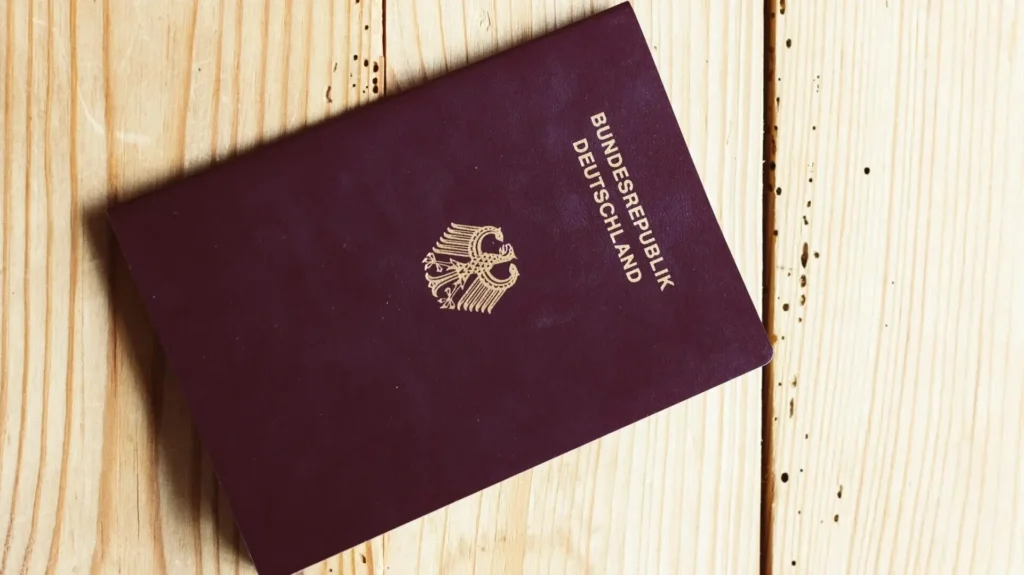Germany has recently updated its citizenship laws, making it easier and faster for foreigners to become German citizens. You will explore the quickest paths to German citizenship under the new regulations.
The New Citizenship Law
Germany passed a new citizenship law that came into effect in 2024. This law has significantly reduced the residency requirements and made the naturalization process more accessible. Let’s look at the key changes and the fastest routes to the citizenship.
Fastest Routes to German Citizenship
1. Naturalization after 5 Years of Residence
Under the new law, the standard residency requirement has been reduced from 8 years to 5 years. This is now the fastest general route to citizenship for most applicants.
Requirements:
- Legal residence in Germany for at least 5 years
- Proof of German language proficiency (B1 level)
- Passing the naturalization test
- No criminal record
- Ability to support oneself without social welfare
- Commitment to the German constitution
2. Fast-Track Option: 3 Years for Special Integration Achievements
For those who demonstrate exceptional integration efforts, the residency requirement can be further reduced to just 3 years.
Special Integration Achievements:
- Advanced German language skills (C1 level or higher)
- Voluntary work or civic engagement
- Outstanding professional achievements
3. Citizenship by Descent
If you have German ancestry, you might be eligible for citizenship by descent, which can be the fastest route as it doesn’t require any residency in Germany.
Eligibility:
- At least one parent was a German citizen at the time of your birth
- Ancestors who were German citizens but lost their citizenship due to Nazi persecution
4. Citizenship for Children Born in Germany
Children born in Germany to foreign parents can now acquire German citizenship more easily:
- Automatic citizenship if one parent has been legally residing in Germany for 5 years
- Option to choose German citizenship at age 21 if they’ve lived in Germany for at least 8 years or attended school for 6 years
Comparison of Fastest Way to Get German Citizenship
To better illustrate the different paths to German citizenship, let’s look at a comparison table:
| Route | Residency Requirement | Language Proficiency | Other Key Requirements |
|---|---|---|---|
| Standard Naturalization | 5 years | B1 | Naturalization test, self-sufficiency |
| Fast-Track Option | 3 years | C1 | Special integration achievements |
| Citizenship by Descent | None | None | Proof of German ancestry |
| Children Born in Germany | 5 years (parent) | None for child | Parent’s legal residency |
Timeline Comparison
To visualize how these different routes compare in terms of time to citizenship, here’s a simple graph:
The new German Citizenship Law has significantly streamlined the path to becoming a German citizen. While the standard naturalization process now takes 5 years instead of 8, there are even faster routes available for those with special integration achievements or German ancestry.
Remember that regardless of the route you choose, becoming a German citizen requires commitment to the country’s values and integration into its society. It’s not just about meeting the minimum requirements but about becoming an active and engaged member of the German community.
For the most up-to-date information and to start your citizenship journey, visit the official website of the German Federal Office for Migration and Refugees (BAMF).




